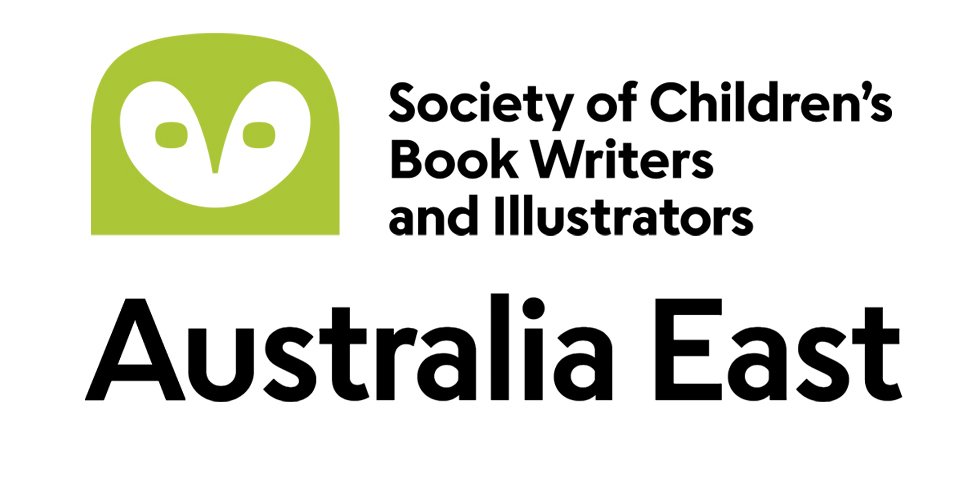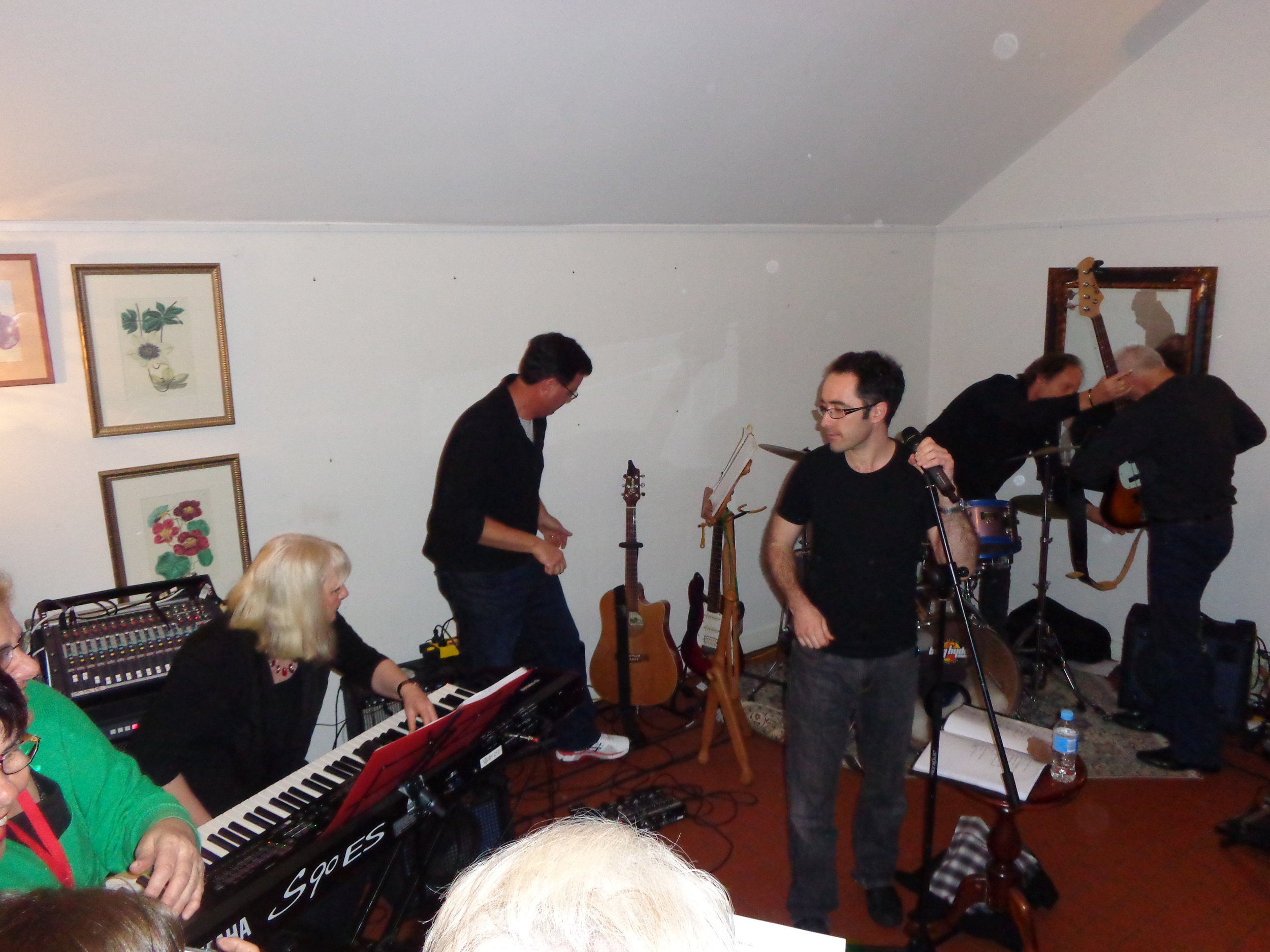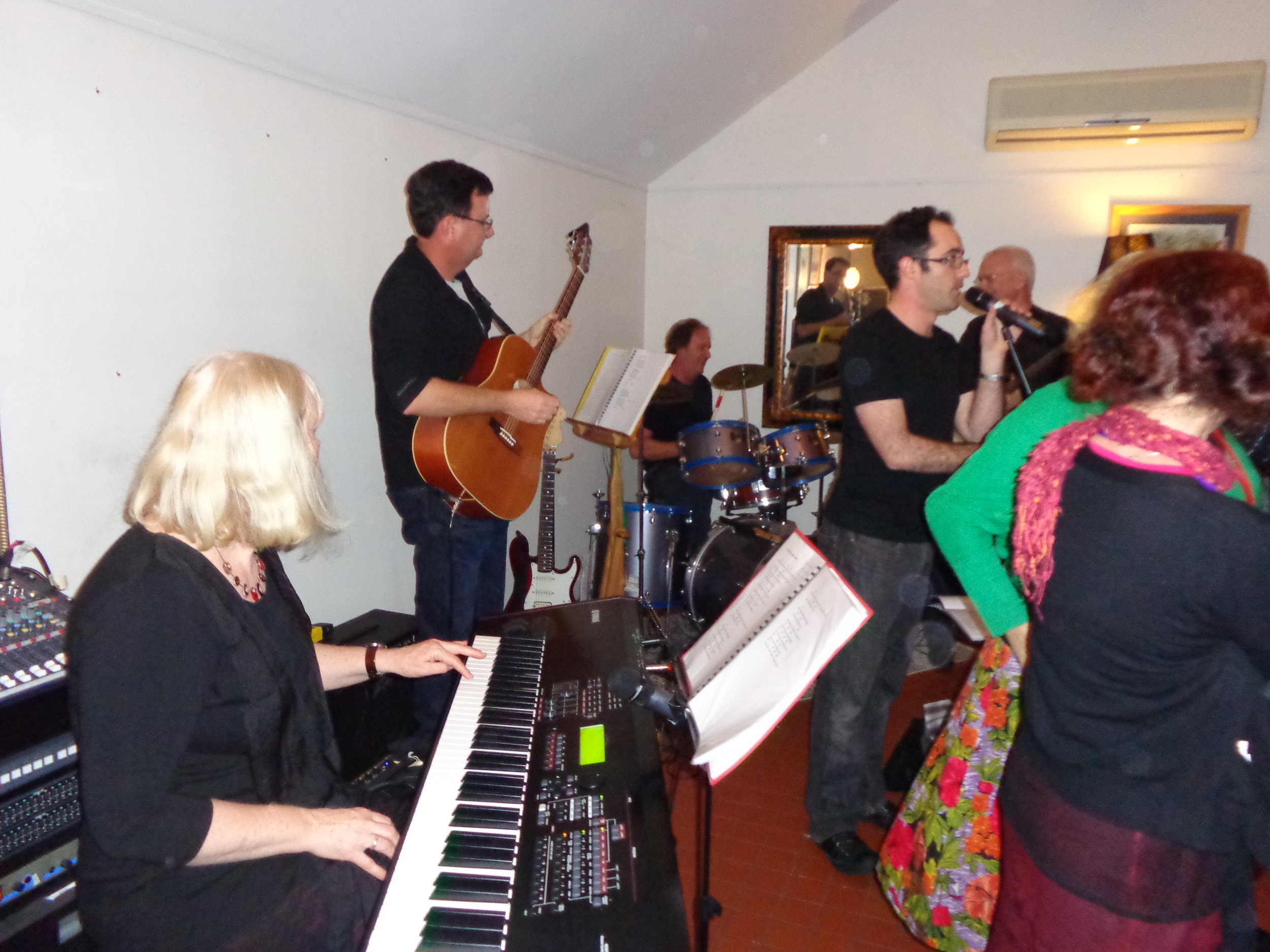Manuscript and Portfolio Critiques are designed to help you develop your ideas and gain editing insights to enrich and improve your work.
Ask yourself why you want a critique. If it is to be published, you may need to readjust your expectations. If, on the other hand, it is to have an honest assessment of your work, you will learn from your assessor what is and isn’t working. You will need to be as open to criticism as to praise, as hard as that may be.
The value of a critique is to have fresh eyes from an industry professional peruse your work. Avoid submitting work to be critiqued if it just isn’t ready. It is better to spend time perfecting your work as best you can so the critique you receive will be more useful and relevant.
If you do have the chance to have a critique:
• Be calm, respectful and ready to listen
• Remember to keep an open mind and leave emotions at the door
• Prepare and rehearse a pitch out loud (Think one-minute summary)
• Be prepared to take notes and bring a highlighter.
• Ask for clarification if you don’t understand any points
• Leave your full manuscript at home. (If an agent or editor asks to see your work, they’ll let you know how to submit)
• Be your genuine self. Remember that agents, editors, and award-winning authors are people, too. They appreciate a friendly chat.
• If you know who your Critique Assessor is prior to the conference, familiarise yourself with books agented by or edited by that person or company. You’ll gain insight into their tastes and be ready with conversation starters if the opportunity presents itself. (Go to their website, Google them or ask other SCBWI members)
• Enjoy yourself.
Here are a few things to avoid doing:
• Don’t stalk the editor or agent. Let them go to the restroom in peace
• Don’t wear or bring gimmicks in the hopes of getting noticed
• If you are asked what your book is about, don’t whip out your manuscript. Revert to your rehearsed elevator pitch (Think one or two minutes, tops)
• Don’t call yourself the next J.K. Rowling, Stephanie Meyer, Rick Riordan, etc. Be original
• Don’t disrupt a critique in progress and don’t exceed your own time limit
• Don’t record a speaker’s session without first asking
What to do after you receive your critique:
A critique gives you honest and direct suggestions on how you can strengthen your writing. The suggestions give you an insight into a professional’s point of view and therefore it is worth your while to take their suggestions seriously.
• Take some time to think about it
• Read the critique or your notes again
• Think about the rationale behind the suggestions.
• Ask yourself why they were made and how they would improve the work
• Discuss them with other writers or illustrators
• Incorporate the suggestions into your work and compare the before and after results
• Remember the suggestions can be about the story itself or to do with marketability.
• In the final analysis it is your decision to accept or reject any suggestions offered.
Good Luck!







